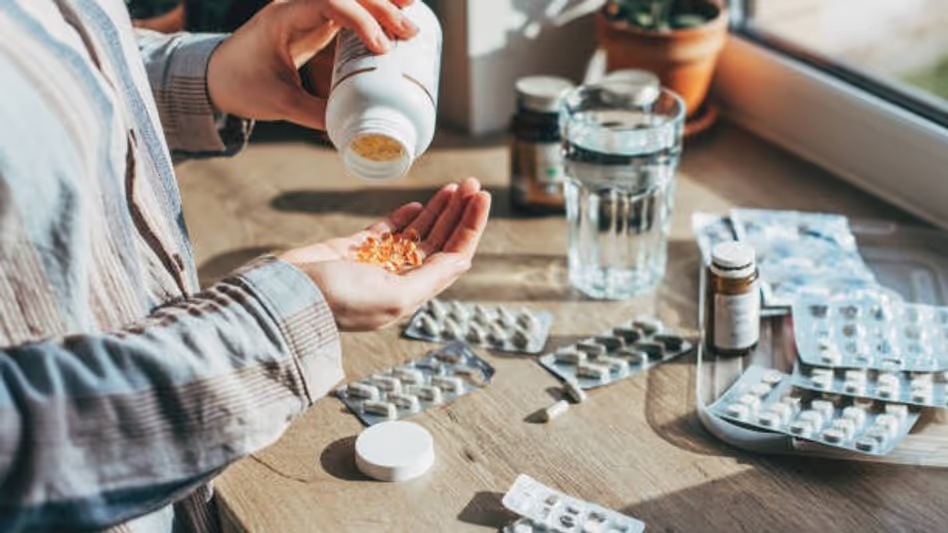As the scorching sun beats down during a heatwave, it’s crucial to stay mindful of the medications you’re taking. Did you know that certain drugs can put you at risk of dehydration? Let’s explore which common medications could leave you parched and how to navigate this potential health hazard while keeping cool in the summer heat!
Common medications that can cause dehydration
When the sun is blazing during a heatwave, it’s crucial to be aware of how certain medications can impact your hydration levels. Some common medications have been known to contribute to dehydration, which can exacerbate the effects of extreme heat on your body.
Diuretics, often prescribed for conditions like high blood pressure and heart failure, are notorious for increasing urine production and potentially leading to dehydration. If you’re taking diuretics during a heatwave, it’s essential to monitor your fluid intake carefully.
Other medications such as antihistamines, some antidepressants, and certain pain relievers can also have dehydrating effects. These drugs may interfere with your body’s ability to regulate its water balance properly when temperatures soar.
Always consult with your healthcare provider if you’re concerned about how your medication could affect your hydration status in hot weather. Staying informed and proactive is key in safeguarding your health during a heatwave.
The dangers of dehydration and how it can affect medication effectiveness
Dehydration poses significant risks to our health, especially when coupled with certain medications. When the body lacks adequate hydration, it can impact the absorption and metabolism of drugs. This can lead to potential complications such as increased drug concentration in the bloodstream or decreased effectiveness of medication.
For individuals taking diuretics or blood pressure medications, dehydration can amplify their effects and even lead to electrolyte imbalances. Similarly, medications like antihistamines and some antidepressants can cause dry mouth and reduce saliva production, exacerbating dehydration issues.
Moreover, dehydration may hinder the body’s ability to eliminate toxins through urine, potentially resulting in drug toxicity. It is crucial for individuals on medication regimens to stay vigilant about staying hydrated during heatwaves or periods of high temperatures to ensure optimal treatment outcomes.
Always consult your healthcare provider if you have concerns about how dehydration could affect your specific medications.
Tips for staying hydrated during a heatwave
During a heatwave, staying hydrated is crucial to maintain your health and well-being. Here are some tips to help you stay hydrated:
1. Drink plenty of water throughout the day, even if you don’t feel thirsty.
2. Avoid excessive consumption of caffeinated or alcoholic beverages as they can contribute to dehydration.
3. Eat foods with high water content such as fruits and vegetables like watermelon, cucumber, and strawberries.
4. Carry a reusable water bottle with you wherever you go to remind yourself to drink regularly.
5. Stay indoors during the hottest parts of the day and engage in indoor activities to reduce exposure to extreme heat.
Remember, staying hydrated is key to combating dehydration during a heatwave!
Alternatives to medication that can cause dehydration
When it comes to managing medical conditions during a heatwave, considering alternatives to medications that can cause dehydration is crucial. One option to explore is lifestyle modifications like dietary changes or exercise routines tailored to your specific needs. Sometimes, natural remedies or supplements can offer relief without the risk of dehydration.
Consulting with a healthcare professional about potential non-pharmacological approaches may lead to finding effective alternatives. Additionally, exploring complementary therapies such as acupuncture or mindfulness practices could provide symptom relief without the side effects of dehydration.
Remember, individual responses vary, so what works for one person may not work for another. It’s important to approach alternative options with an open mind and willingness to collaborate with healthcare providers on finding the best solution for your unique situation.
Conclusion and reminder to consult with healthcare professional before making any changes to medication regimen
It’s crucial to understand the potential risks associated with certain medications during a heatwave. Dehydration can have serious consequences on your health, especially when combined with medication that exacerbates its effects. To stay safe and healthy, always consult with your healthcare professional before making any changes to your medication regimen. Your doctor can provide guidance on alternative options or adjust dosages to help you manage your health effectively in hot weather conditions. Stay informed, stay hydrated, and prioritize your well-being during heatwaves.
As summer temperatures rise, persons taking particular drugs must be extra cautious about staying hydrated and managing heat-related risks. Prolonged heatwaves can negatively affect the effectiveness and safety of several regularly prescribed medicines, potentially leading to dehydration, dizziness, fainting, and other health issues.
Stay tuned for more content only on QAWire

